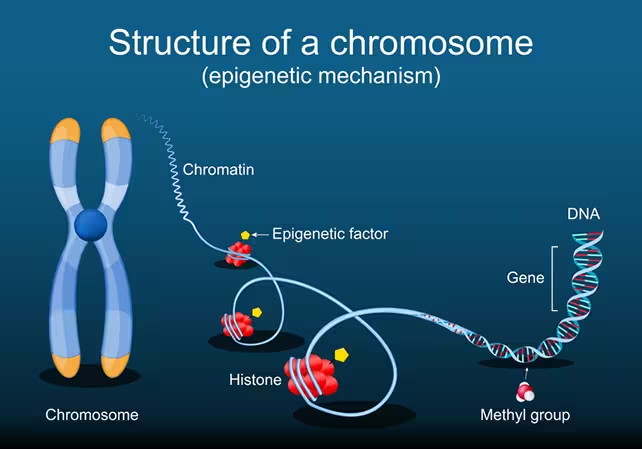4 Minutes
Vitamin C: An Essential Nutrient with Skin-Revitalizing Potential
Vitamin C, a vital nutrient abundant in fruits and vegetables, is gaining renewed attention in biomedical research for its promising role in slowing visible skin aging. A recent Japanese study sheds light on how this common vitamin, best known for its role in immune function and collagen synthesis, can thicken the skin’s outermost layers and potentially counteract the age-related thinning that leaves skin more vulnerable to damage and dryness.
Scientific Context: Skin Aging and the Role of Keratinocytes
Skin aging is characterized by changes such as reduced thickness of the epidermis—the uppermost layer—which leads to increased fragility and visible signs of aging. The epidermis is primarily composed of keratinocytes, a type of skin cell that forms at the base of the epidermis and migrates upward, ultimately becoming the dead, protective cells of the stratum corneum. Maintaining the proliferation and healthy differentiation of keratinocytes is crucial for robust skin structure and function.
Over time, environmental exposures, such as ultraviolet (UV) radiation, and intrinsic biological aging decrease skin’s vitamin C content, leading to impaired collagen production, weakened antioxidant defenses, and overall skin thinning. While vitamin C serums and topical antioxidants are widely marketed, this research uncovers a new genetic mechanism underpinning vitamin C’s benefits at the cellular level.
Experimental Insights: Lab-Grown Skin Models and Gene Reactivation
A team led by pharmaceutical scientist Yasunori Sato at Hokuriku University examined the direct impact of vitamin C on human skin cells by cultivating lab-grown skin models. In these experiments, researchers mimicked the natural human environment by nourishing keratinocyte layers with a vitamin C-enriched medium at levels consistent with what is typically delivered to skin through bloodstream circulation.
Within just one week, skin models supplemented with vitamin C exhibited a significantly thicker layer of living epidermal cells, compared to control samples grown without the vitamin. After 14 days, this effect intensified, with the epidermal layer continuing to thicken, while the stratum corneum—the layer made up of dead, protective cells—became notably thinner. These findings indicate accelerated keratinocyte proliferation, a hallmark of healthy, resilient skin.

Unveiling the Epigenetic Mechanism
Central to this discovery is the process known as DNA demethylation, a form of epigenetic modification that does not alter the genetic code but switches genes on or off by removing methyl groups. DNA demethylation is critical for allowing genes associated with cell division and growth to become active. The team found that vitamin C facilitates this process by sustaining the activity of demethylation enzymes, which require a specific form of iron. Vitamin C actively helps regenerate this iron, ensuring the enzymes continue to operate efficiently.
Gene sequencing of treated keratinocytes unveiled a dramatic rise in the expression of 12 key genes related to cell proliferation—some upregulated by an astonishing 75-fold. The application of a demethylation inhibitor reversed these effects, providing direct evidence that vitamin C bolsters skin renewal through this precise biological pathway.
Implications: Vitamin C as a Strategy Against Age-Related Skin Thinning
These results position vitamin C as a promising intervention for addressing skin thinning due to age or UV damage. The scientific team, including Akihito Ishigami from the Tokyo Metropolitan Institute for Geriatrics and Gerontology, emphasized the broader ramifications: "Our findings demonstrate that vitamin C promotes epidermal thickness by driving keratinocyte proliferation via DNA demethylation, suggesting therapeutic potential, especially for older adults."
Given that healthy skin naturally accumulates high levels of vitamin C, but that these levels drop in aging or sun-damaged skin, ensuring sufficient intake—either through diet, supplements, or topical applications—could help maintain youthful skin structure. Furthermore, understanding vitamin C’s precise molecular action opens new avenues for developing targeted therapies against various skin disorders and age-associated deterioration.
Conclusion
This pioneering study uncovers vitamin C’s critical function in reactivating genes responsible for cell growth, directly thickening the living layers of skin. By illuminating how this essential nutrient influences skin renewal at the epigenetic level, researchers are paving the way for innovative anti-aging treatments. As science progresses, vitamin C’s role in dermatology and regenerative medicine is set to expand—offering hope for healthier, more resilient skin well into older age.
Source: doi



Comments